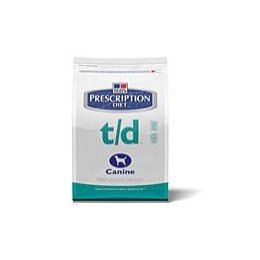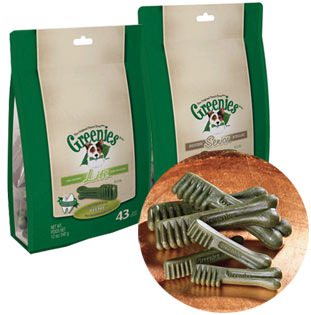Periodontal Disease and Dental Cleaning
It is important for your pet’s teeth to be examined and evaluated to see if dental work is necessary. Periodontal disease doesn’t just affect humans, it affects dogs and cats too. Periodontal disease starts with plaque formation on the teeth. Bacteria in the mouth form a film over the tooth called plaque. The minerals in the saliva eventually turn plaque into dental tartar (calculus), a hard material that forms on the tooth.
The bacteria in the plaque and tartar spread into the gum line and release toxins that affect the support network of the tooth. This creates a pocket around the tooth. Signs of periodontal disease include foul breath, redness or swelling around the gums, and pain when eating. Contrary to popular belief, dogs are not supposed to have bad breath! It is a sign of dental disease! As periodontal disease progresses, the tooth will become loose. Our veterinarians can diagnose periodontal disease with a simple oral exam. Periodontal disease can affect just one tooth or the whole mouth. Recent studies have shown that oral health can be linked to kidney, heart, and metabolic problems.
We recommend routine dental cleanings for the prevention of periodontal disease. Our scaler and polisher removes tartar from teeth and thus prevents further advancement of periodontal disease. Tooth extractions can also be performed if necessary. All animals are placed under a general anesthetic and intubated. Your pet is monitored closely by a veterinary assistant. We recommend routine dental cleaning be performed before severe tartar build-up occurs.





